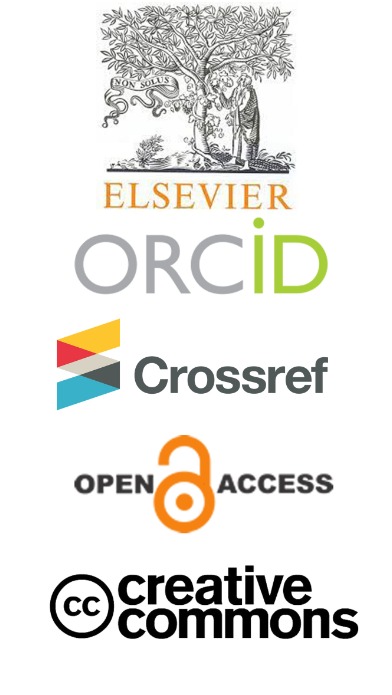Formulation of AI Governance and Ethics Framework to Support the Implementation of Responsible AI for Malaysia
Abstract
The Malaysian Government, through the Ministry of Science Technology & Innovation (MOSTI), has taken active measures to enhance the adoption of Artificial Intelligence (AI) via the development and implementation of the Malaysia National Artificial Intelligence Roadmap (2021-2025). AI technologies have the potential to increase general productivity, solve manufacturing and operational issues, increase standards of living as well as boost national economic growth. For the purpose of this study, AI is defined as “a suite of technologies which enable machines to demonstrate intelligence and is endowed with an ability to adapt to new circumstances in order to amplify human ingenuity and intellectual capabilities through collective intelligence across a broad range of challenges''. This definition comports with the terminology used by Malaysia’s AI roadmap. While new AI technologies have the potential to create immense socio-economic benefits, they may also be prone to unanticipated negative ramifications. With AI gaining rapid adoption across many sectors, there is a critical need for an ethical framework to guide its development, particularly since current social systems are internally fragile and sensitive to external influences and risks. Based on UNESCO’s AI ethics recommendations and a desiderata of relevant data, AI’s adoption also raises a number of questions over its ethical impacts over broad areas ranging from technology to social behavior. Additionally, the dynamic and imbalanced nature of the global trade and business structures has given rise to a variety of complex and systemic problems. These may significantly impact vulnerable links in global systems which incorporate AI. Therefore, there is an urgent need for an AI governance system and ethical framework that will help materialize the development of AI in general, and the goals of the national AI Roadmap in particular. The AI ethics and governance framework should oversee the growing scales and complexities of interconnections between relevant stakeholders as well as manage emerging uncertainties and risks in the socioeconomic and Industry 4.0 realms. This study has adopted qualitative and quadruple helix approaches. A series of interviews involving 30 respondents from government agencies, academia, industries and civil society were conducted over a period of four months in the capital city of Kuala Lumpur and the administrative capital of Putrajaya. Subsequently a benchmarking exercise on Governance and Implementation of AI Principles was undertaken with five government agencies and four universities in Tokyo and Kyoto, Japan. The paper’s research outcome advocates a more dynamic approach to the formulation of an appropriate AI ethics and governance framework that will maximize the adoption of AI among various Malaysian stakeholders e.g., MOSTI, high tech companies, researchers and consumers. The framework can also be incorporated into the ASEAN AI Ethics and Governance Framework (AI-EGF) for regional implementation and crisis management.



